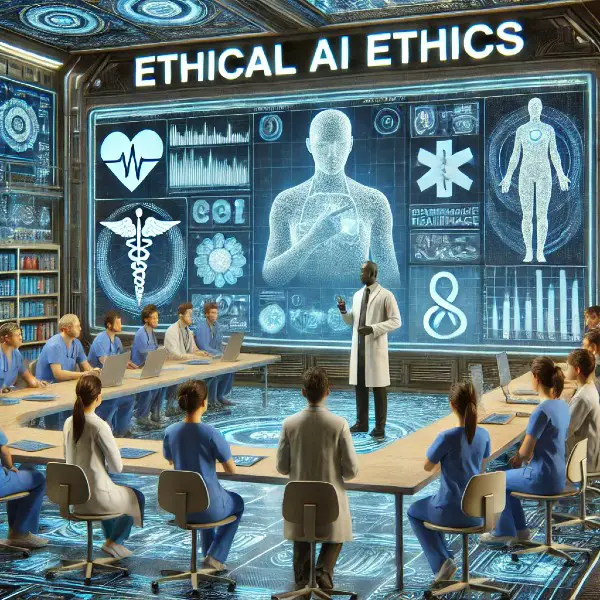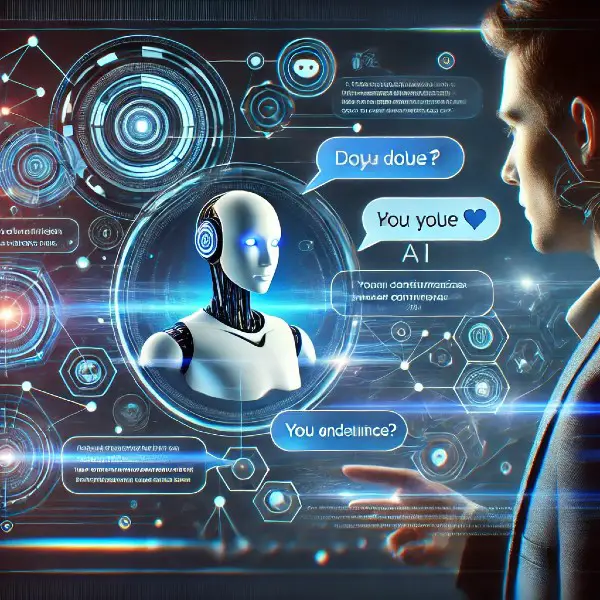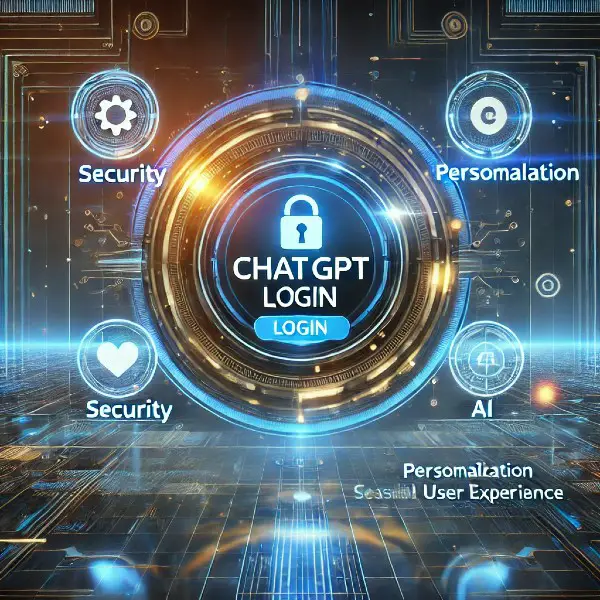AI Horizon As artificial intelligence (AI) becomes increasingly integrated into healthcare, the need for ethical considerations in AI education has never been more critical. AI’s transformative potential is evident in various sectors, but in healthcare, where decisions impact human lives directly, ethical AI is paramount. This article explores how the convergence of AI, healthcare, and education can create a robust framework for ethical AI development.
The Intersection of AI Horizon and Healthcare Education
The integration of AI into healthcare is not just about automating processes or improving efficiency; it’s about enhancing patient outcomes, reducing human error, and providing personalized care. However, to fully realize these benefits, healthcare professionals must be educated on the ethical implications of AI technologies. This education is essential to ensure that AI is used responsibly and that patient trust is maintained.
Ethical Challenges in AI Implementation
AI systems in healthcare can inadvertently introduce biases, leading to disparities in patient care. For example, an AI algorithm trained on data from a specific population may not perform well for other demographic groups. Healthcare professionals must be equipped to recognize and address these ethical challenges, ensuring that AI tools are fair, transparent, and accountable.
The Role of Educational Institutions
Educational institutions play a crucial role in shaping the next generation of healthcare professionals. By integrating AI ethics into medical and healthcare curricula, these institutions can ensure that future doctors, nurses, and healthcare administrators are well-versed in the ethical use of AI. This education should cover not only the technical aspects of AI but also the moral and ethical dilemmas that may arise.
Building a Framework for Ethical AI
Creating a framework for ethical AI in healthcare requires collaboration between educators, healthcare providers, and AI developers. This framework should include guidelines for data privacy, informed consent, and the ethical use of AI in clinical decision-making. By establishing clear standards, the healthcare industry can safeguard against potential ethical breaches while maximizing the benefits of AI.
The Future of AI in Healthcare Education
As AI continues to evolve, so too must the educational strategies that prepare healthcare professionals for its ethical use. Continuous education and training will be necessary to keep pace with advancements in AI technology. By fostering a culture of ethical awareness and responsibility, the healthcare industry can ensure that AI is a force for good, improving patient care while upholding the highest ethical standards.
Conclusion
Ethical AI in healthcare is not just an ideal; it is a necessity. By prioritizing ethical considerations in AI education, the healthcare industry can build a future where AI technologies are used to enhance, rather than undermine, patient care. The intersection of AI, healthcare, and education offers a unique opportunity to shape this future, ensuring that AI serves humanity with compassion and integrity.
Reference
- AI Horizon in Healthcare: The integration of AI in healthcare has reached a pivotal point, where its potential to revolutionize patient care is both exciting and daunting. According to Harvard Business Review, the AI horizon in healthcare is defined by innovations that can enhance diagnostic accuracy, streamline clinical workflows, and improve patient outcomes. However, these advancements also come with challenges related to data privacy, ethical considerations, and the need for rigorous validation of AI tools. As AI continues to evolve, healthcare systems must balance the benefits with the inherent risks.
- AI Horizon and Ethical Implications: As AI technology advances, it’s critical to address the ethical implications that arise at the AI horizon. A report by The Brookings Institution highlights the importance of transparency, accountability, and fairness in AI systems, particularly in public sectors such as healthcare. The report discusses how AI’s potential to improve efficiency and decision-making must be tempered with strong ethical guidelines to prevent biases and ensure equitable access to AI-driven innovations.
- AI Horizon and Future Opportunities: The AI horizon is not only about the current state of technology but also about the future possibilities it presents across various industries. McKinsey & Company explores how AI is poised to unlock new opportunities, from enhancing customer experiences to driving operational efficiencies. As industries navigate the AI horizon, they must remain agile and adaptable, embracing the technology while addressing the challenges it poses, such as workforce displacement and the need for reskilling.

Nature’s Guardian: How AI is Revolutionizing Environmental Protection








